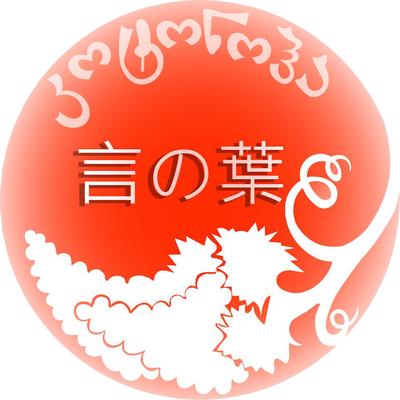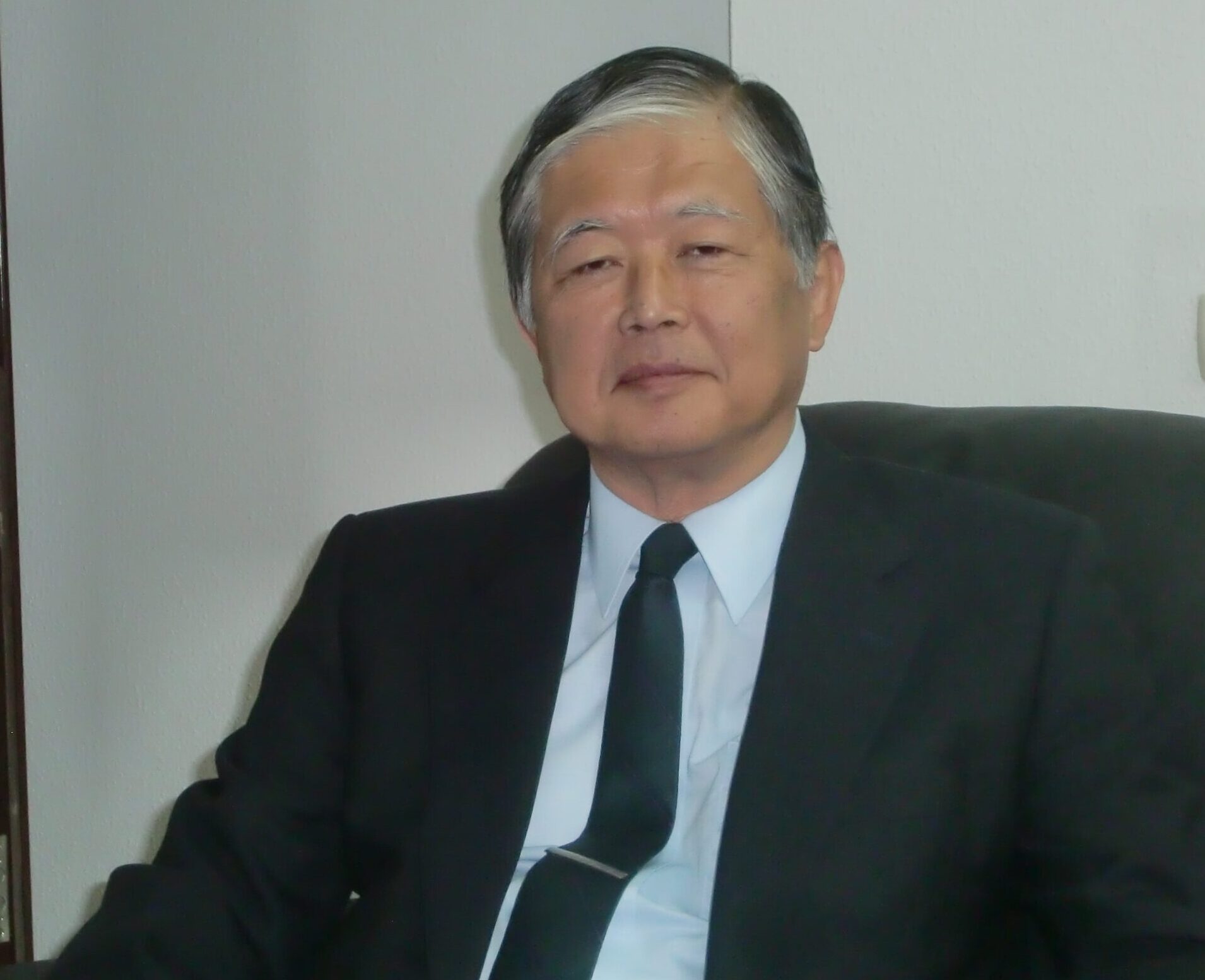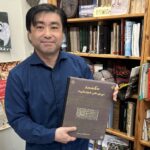【Profile】 Former Ambassador Extraordinary and Plenipotentiary of Japan to Georgia from March 2009 to September 2012. Afterward, he also served as an ambassador in Kazakhstan before retiring.
What was your impression when you first visited Georgia?
Masayoshi Kamohara:
Before being appointed as an ambassador, I visited Georgia once each from Tokyo and Moscow. The first time I visited was in 1985, during the Soviet era, and I thought it was a rich country. The markets had a variety of foods, the climate was good, and the people were kind. The second time was in 1998, after independence. I went from Moscow to hold a Japanese film festival and felt that it was a culturally rich country.
What left the most impression on you during your tenure as an ambassador in Georgia?
Masayoshi Kamohara:
I served as an ambassador for three and a half years, from March 2009 to September 2012. I felt that the people were very kind. Everyone I interacted with was pleasant. The most impressive thing was the rich artistic culture, including polyphony and Georgian folk dance. When I visited the Georgian National Conservatory, I saw young children diligently learning music. At the Georgian National Academy of Arts, there were impressive paintings and sculptures.
After independence, when I went in 1998, I met with people involved in the arts. At that time, Tbilisi had very little electricity, but a Georgian painter gave me a small painting. It was a wonderful painting. In that sense, society was dark, but it was a country with rich artistic culture and wonderful people.
Shortly after my appointment, there was a large anti-government demonstration. Initially, I stayed at a hotel in the center of Tbilisi, but within a few days of my appointment, the main street in front of the hotel was completely closed. It was occupied by demonstrators who were sitting in. Until then, regime changes had not been carried out through elections. However, at that time, the majority opinion was that regime changes should be carried out through elections. Until then, it was almost a civil war. During my tenure, there were no shootings, but I heard that there had been before. The head of the conservatory told me that it was difficult at that time, and when you stepped out of the conservatory, there were so many spent cartridges that you couldn’t find a place to step.
What I learned at that time was that in any country, when large-scale demonstrations occur, social dissatisfaction accumulates, and looting begins. However, even when various political forces were fighting in Georgia, there was no looting of shops. In that sense, there is a sense of order. Like in Japan, looting does not occur.
You have continued to visit Georgia even after your retirement. Do you notice any changes in Georgia with each visit?
Masayoshi Kamohara:
After retiring, I returned to Georgia in the fall of 2016 and stayed for about ten days. After that, I visited Georgia once a year. I couldn’t go during the COVID-19 pandemic, but I went again in 2023. Every time I go, I feel that Georgia is changing. Especially in 2023, when I visited Georgia for the first time in five years, there were more new buildings, construction was happening everywhere, and many cars had changed from used to new.
You served as an ambassador in Georgia for about three years. Based on your experience, what do you think is necessary to further strengthen the relationship between the two countries? Masayoshi Kamohara: There was little information about Japan in Georgia. When I was appointed as an ambassador, my wife would wear traditional Japanese clothing when attending official events. Nowadays, if you have a little interest, you can gather as much information as you want on the internet. However, there are many things you cannot understand without experiencing them firsthand.
At that time, due to the strong yen, many Japanese people were traveling abroad. I hoped that the number of Japanese tourists to Georgia would increase. Japanese people had already traveled to places like London, Paris, and Rome, and there was a movement to find somewhere new and different. People were starting to visit places like Cappadocia in Turkey. Japanese group tours were also going to places like Croatia. I thought Georgia was just one step away. I hoped that Georgia would become another travel destination for Japanese people.
However, at that time, awareness was still low. Currently, the Georgian ambassador to Japan is fluent in Japanese and actively promotes Georgia, and Georgian cuisine is becoming known. Georgian wine is also gaining name recognition. The fact that it is the birthplace of wine is gradually becoming known. I think the awareness of such a country has advanced much more than when I was appointed to Georgia. If you visit Georgia and drink wine made using the traditional Qvevri method on a sunny afternoon, surrounded by Georgian cuisine in the shade of a Georgian farmhouse, it will be an exquisite experience. Experiencing such things will increase exchanges from different perspectives.
This is not limited to Georgia. Before the COVID-19 pandemic, a woman I knew from Vienna came to Japan for a visit. Since she was from Vienna, I thought she would know a lot about Japan. When she asked for advice on what to eat, I suggested sushi, thinking it was a must. She said there were many sushi restaurants in Vienna. However, the sushi restaurants in Vienna are completely different from those in Japan. When I asked her about her impressions of her stay in Japan before she returned, she said she had eaten sushi and was surprised, saying, “I never thought sushi in Japan would be like that.” You really can’t understand without experiencing it firsthand. So, if Georgians take an interest in Japan, they can gather information on the internet. After that, if they actually come to Japan, their impressions will deepen even more. I think it is very good that Japan is focusing on experiential tourism as part of its tourism policy.
Basically, Japanese products are trusted. However, when it comes to business exchanges, the capital strength between the two countries is different. Japan could start by importing wine. In Georgia, the performance of Japanese cars is well known. If my memory serves me correctly, a large proportion of exports to Georgia are related to automobiles. So, I think this field will continue to be the main one. If business goes well, the actual exchange between the countries will increase.
If the Georgian ambassador to Japan and Georgians in Japan promote the charms of Georgia, more Japanese people will want to visit. Similarly, if Japanese people in Georgia promote the charms of Japan, the ties between the two countries will become stronger.



